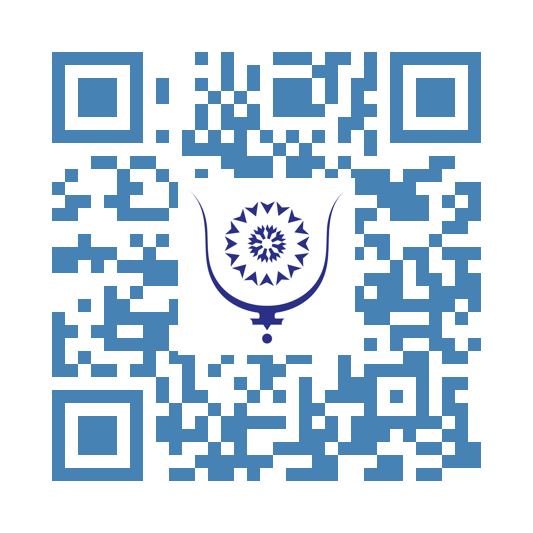Technological Singularities of The 21st Century 2734
A technological singularity is a technological advance that would radically transform society in ways that cannot be predicted.
For example, **AGI**, the idea being that sufficiently powerful AI can make itself more capable and continue the trend at an unpredictable rate. As the machine becomes more capable, it is more able to make itself increasingly capable.
Another technological singularity that can be expected in the 21st century is due to the rapid advancement of **quantum computing**. Unlike classical computing units, called transistors, which scale in performance linearly, quantum computing units, called qubits, scale 2^n, where n is the number of qubits. For every qubit you add to the system, the performance doubles. Quantum computers are currently limited in size due to *noise*, interference in the computation, but they're improving rapidly. IBM unveiled the largest quantum computer with 1,121 qubits, with plans to build a 100,000 qubit system by 2033 (youtube.com/watch?v=7aa_ik_UYTw). A 100,000 qubit system will be able to solve problems not possible on any existing computers. While Quantum computers aren't faster for all problems, there stands a substantial problem set with a potential for quantum speed up. A quantum computer of this size would spark a revolution in chemistry and physics simulation so profound that it would be a technological singularity.
Another technological singularity we can anticipate is the point at which **virtual reality becomes indistinguishable from physical reality**. Remember, don't go into the matrix. Imagine a world in which people are abducted and placed into a simulation. They wouldn't even know. They could then be used for reproductive farming.
There is also **rapid advancement in anti-aging**, to the point in which the first person who will never die has probably already been born. The dynamics of a society with people who have spanned an unnatural number of generations is unknown.
There is also the possibility of a **breakthrough in physics** that would lead to capabilities we currently don't know are possible, similar to the quantum revolution of the 20th century, which enabled the atomic bomb and a host of other revolutionary technologies.
We can also anticipate a biological singularity, in which science allows the development of deadly pathogens that can target certain groups. The future of war may not be firepower, but combat will highly deadly pathogens. Why blow up a country when you can kill it's population and leave it intact?
**CONCLUSION**
In his famous work *INDUSTRIAL SOCIETY AND IT'S FUTURE*, the Unabomber argued that industrial society will eventually collapse, causing never-before-seen devastation on a civilizational scale. Luddites and Amish are examples of people who are skeptical of technology as a means to improve society. I won't go into the arguments here, but perhaps technological society will collapse, leading to a religious civilization that is highly skeptical of technology.
Also, worth pointing out is the possibility of an ecological singularity. A solar flair of sufficient intensity could destroy every electrical system on the planet, an event that cannot be predicted. The agricultural economy would collapse, causing mass starvation on a global scale, leading to a civilization skeptical of technology. It would also be naive to leave out the possibility of nuclear warfare.
My goal is not to terrify you but to point to out that we live in a civilization highly exposed to risk. Recall the myth of Pandora's box. God gives Pandora a box and tells her to never open it. Curiosity gets the best of her and she opens it, letting out all the evils of world, and at the bottom of the box she finds hope. We're quickly opening boxes that we don't know the contents of. It seems likely to me that the 21st century will be the most consequential in the history of civilization. We live in truly special times.



